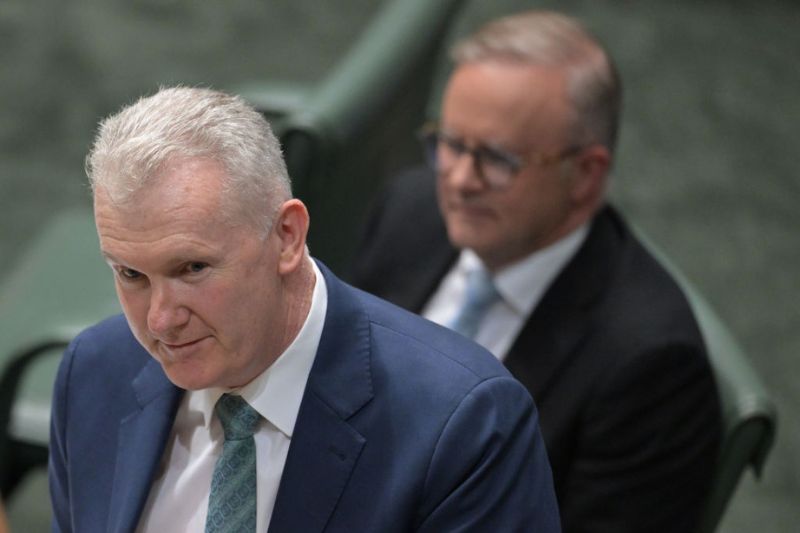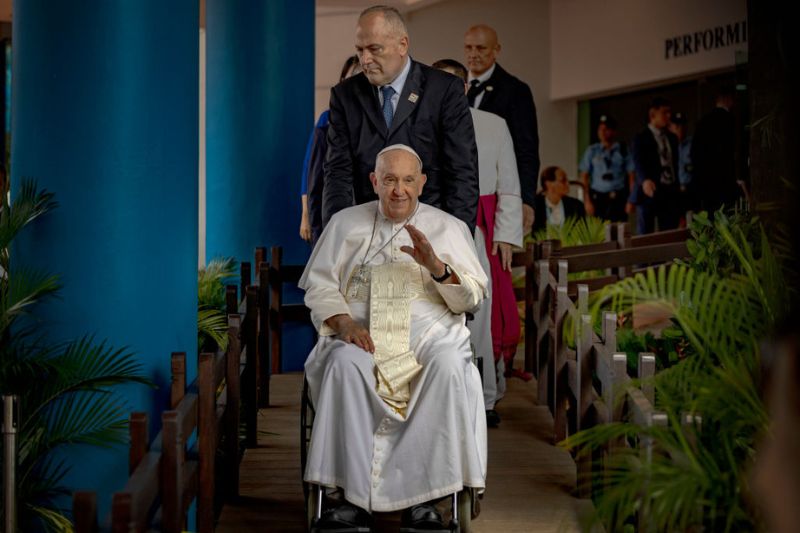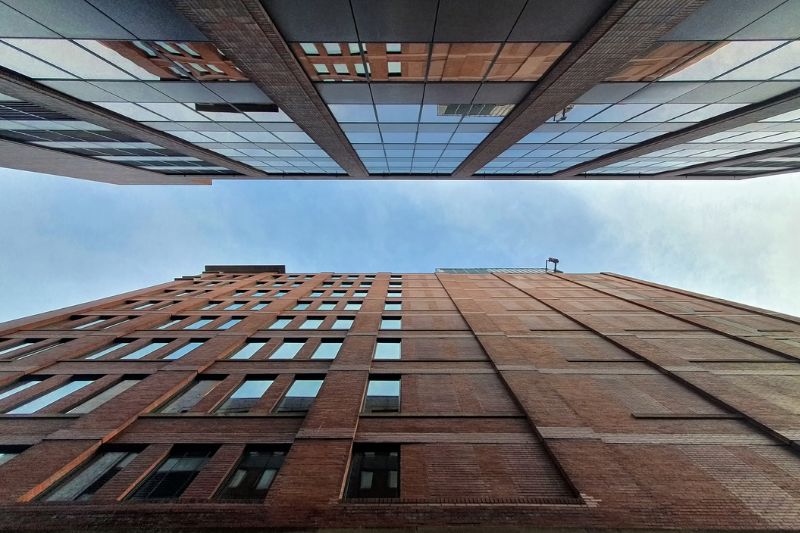Keywords: Immigration Policy
-

AUSTRALIA
- Andrew Hamilton
- 04 December 2024
Australia’s recent immigration detention laws reveal a stark shift in governance, prioritising power over human dignity. As families face indefinite separation and bureaucrats enforce policies with brutal efficiency, the High Court's rebuke offers a glimmer of ethical resistance. But can such laws truly claim legitimacy in a democratic society?
READ MORE
-

AUSTRALIA
- Frank Brennan
- 04 December 2024
1 Comment
When High Court rulings challenge government policy, they usually prompt reflection and refinement. But for the Federal Government, a recent decision on non-citizen rights has sparked a legislative overreach, mirroring the Opposition’s hardline stance.
READ MORE
-

AUSTRALIA
- Erica Cervini
- 25 November 2024
4 Comments
Once seen as the champions of climate action and progressive politics, the Greens are now grappling with internal chaos, falling poll numbers, and a disillusioned voter base. From controversies over identity politics to disputes about housing and Middle East policies, the party is facing a critical question: What do they stand for today?
READ MORE
-

INTERNATIONAL
- Julian Butler
- 11 November 2024
3 Comments
As Americans confront the start of a second Trump presidency, the questions go deeper than policy. This victory, far from an anomaly, reflects deeper fractures and discontent in a polarized nation. How can a society move forward when politics seem unable to address, let alone heal, its divisions?
READ MORE 
-

AUSTRALIA
- David Halliday
- 08 November 2024
As house prices soar, half the nation finds itself locked out of the property market. In conversation with Eureka Street, Alan Kohler untangles the web of tax incentives, population pressures, and government policies fueling the housing crisis to discover why, despite public outcry, solutions remain frustratingly out of reach.
READ MORE 
-

INTERNATIONAL
- Julian Butler
- 07 October 2024
As the US election approaches, the focus has shifted from personal narratives to policy positions and voter strategies. Candidates like Trump and Harris have crafted compelling stories, but voters now seek clarity on the issues. With much of the debate settled, the question remains: how will these stories shape the outcome?
READ MORE 
-

RELIGION
- John Warhurst
- 02 October 2024
4 Comments
During a recent interview on his Papal plane coming back from Singapore Francis made some pointed remarks in response to a veiled question from an American journalist about the US Presidential election contest between the Democrat Kamala Harris and the Republican Donald Trump. He chose to describe the choice as between the ‘lesser of two evils’ because Harris is pro-abortion rights and Trump is anti-immigration.
READ MORE
-

ECONOMICS
- David James
- 10 September 2024
2 Comments
As continued high interest rates and stagnant incomes put a strain on households, leading more Australians give up on the dream of home ownership, government attempts to manage both the cost of living crisis and the housing crisis may be doing too little too late.
READ MORE
-

INTERNATIONAL
- Robin Osborne
- 05 September 2024
1 Comment
Pope Francis has frequently voiced sympathy for refugee concerns and before leaving on this trip, he reaffirmed his call for safe migration pathways for people fleeing their own countries for fear of persecution, describing any refusal to harbour asylum seekers as a ‘grave sin’.
READ MORE
-

AUSTRALIA
- Kerry Murphy
- 05 July 2024
There is no doubt that laws for determining refugee status and onshore protection are complex. The cases of NZYQ and ASF17 demonstrate that when laws regarding asylum and protection intersect with laws regarding character and protection of the community, the results can be extremely messy.
READ MORE 
-

AUSTRALIA
- Frank Brennan
- 13 May 2024
2 Comments
The Albanese government’s refugee and asylum policy is in a mess. When Minister Giles introduced his Migration Amendment Bill, they bypassed typical parliamentary procedures, wanting to be seen as tougher than Peter Dutton in getting unvisaed non-citizens out of the country. It’s time for the government to return to due process in this whole field.
READ MORE
-

AUSTRALIA
- Peter Mares
- 12 April 2024
1 Comment
The ABC’s recent Q+A housing special left many questions unasked and unanswered. Labor, Coalition and Green MPs all say they want more people to be able to buy their own homes. The most obvious way to achieve that would be to reduce the price of housing. Yet no politician will make that an explicit policy aim.
READ MORE 